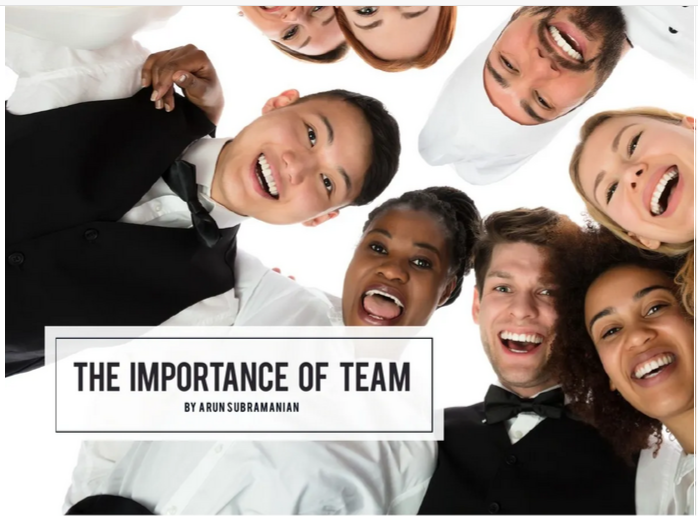April 4, 2023
CRITICAL FACTORS FOR REWARD PROGRAM SUCCESS:
- Don’t leave the job of implementing reward programs solely to HR.
- Use line managers to communicate the intent and rationale of the reward program to employees.
- Ensure that HR makes the goals of the reward program clear and easy to understand.
- Communicate the total value of the organization’s reward program by using individualized total reward statements.
- Encourage line managers to make better use of all of an organization’s rewards including intangible rewards (e.g. career advancement opportunities, a great work climate and non-monetary recognition programs) to motivate employees.
- Make sure that HR provides line managers with the necessary tools and back-up to help them effectively communicate the benefits of the program to employees.
PART 1: REWARD PROGRAMS – A MONEY PIT?
Implementation, not design – the message is quite simply: if implementation is key to the success of reward programs, then line managers are key to the success of the implementation.
So where are most organizations going wrong? Hay Group’s research shows that organizations need to look beyond the HR department and instead start taking into account the impact line managers can have on the success of these programs.
WHY ARE LINE MANAGERS SO IMPORTANT?
- They take the lead in coaching, developing and setting goals for their employees.
- They decide if or how their employees’ performance should be rewarded.
- Employees tend to trust the information they get from their line managers more than senior leaders and more than HR.
- They are generally seen as the ‘doers’ – the ones who make things happen within the organization.
PART II: TIME FOR ACTION
Organizations do realize they are failing to provide the proper support to managers. Hay Group found that only 35 per cent of organizations say they do an effective job of education and formal training in the area of reward program implementation.
The HR department needs to help managers prepare to put their organization’s reward program into action because managers may not understand how to use the broader array of intangible rewards as well as monetary ones. Not only can intangible rewards – such as career growth opportunities, quality of work and recognition – help make it easier to recruit and retain staff, they also have a big impact on how effective the overall reward program is at driving business goals.
TOTAL REWARD TOOLKIT

HR should work with line managers to create a total reward framework that lays out the full range of tools available to managers when it comes to:
- Rewarding employees
- Helping drive business goals
- Delivering a positive RoI for the reward program.
The benefit of a positive work climate is often underestimated, but research shows that business results can vary by as much as 30 per cent purely due to differences in the work climate created by a manager. HR can help line managers create a positive work climate by:
- Assisting them in assessing their current work climate and management styles
- Then, provide coaching on areas that need improvements.
HAY GROUP EMPLOYEE OPINION DATA SUGGESTS:
- About half of employees feel their contributions are praised when they perform well.
- The best recognition programs are those that closely reflect the organization’s goals, vision and values.
- It is also very important that they are an integrated part of the overall reward program, rather than a standalone plan.
- Another big motivator is the ready availability of opportunities for personal development and growth.
The total reward program should also tackle monetary reward – including base cash programs and variable pay programs.
PERFORMANCE MANAGEMENT
- Managers are the focal point when it comes to managing the performance of employees within the organization: they take the organization’s core business goals and translate them into departmental goals.
- Many managers tend to shy away from the difficult conversations associated with poor performance. The same problem rears its head when they come to assigning the final performance rating for the year. However, employees need to understand that it can be difficult to achieve high performance ratings, but equally they must know what they need to do to excel.
- HR needs to work with managers to help them understand the broad range of options open to them when it comes to rewarding employee performance. These include, but are not limited to, base salary increases, promotions, career development, training and public recognition.
When HR and line managers come together they can have a massively positive influence on how employees perceive and value the reward program and help make sure it starts to deliver real value for money for the organization.
This is an extract from Hay Group’s Managing Reward: Why Line Managers are the Vital Link, which was published in issue seven of The Hay Group Leader. It is being reprinted with permission.
This article may not be republished without the express permission of the copyright owner identified in the article.
Return to top

